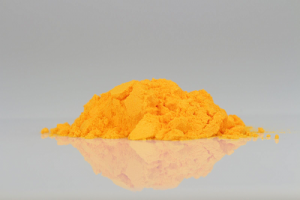
The Coenzyme Q10 raw material is a yellow or orange crystalline powder produced by a yeast fermentation extraction process. The CoQ10 crystals are fat-soluble. They are practically insoluble in water, and any attempt to make them water-soluble will rob them of their CoQ10 characteristics. Coenzyme Q10 is soluble in lipids, but keeping the Coenzyme Q10 molecules from re-crystallizing inside the supplement capsules is difficult. And humans cannot absorb CoQ10 crystals, only single CoQ10 molecules.
Absorption of the Coenzyme Q10 in commercial nutritional supplements varies considerably. The dissolution of the CoQ10 crystals and the absorption of the Coenzyme Q10 molecules depend upon the composition of the oil matrix and the formulation of the CoQ10 nutritional supplement. The manufacturer of a CoQ10 supplement must deal with raw material that is very difficult to work with.
Coenzyme Q10 Soluble in Lipids at Higher Temperatures
Coenzyme Q10 is practically insoluble in water but is soluble in lipids; however, no individual lipids have been found in which 100 milligrams of Coenzyme Q10 can be dissolved so that the dissolved Coenzyme Q10 molecules inside the nutritional supplement capsules will not re-crystallize at normal storage temperatures: typically, between 60 and 75 degrees Fahrenheit.
Humans Cannot Absorb CoQ10 Crystals
This re-crystallization of the CoQ10 molecules is a problem because the human body cannot absorb CoQ10 crystals. Effective intestinal absorption of Coenzyme Q10 can occur only if the crystalline Coenzyme Q10 is dissolved to single CoQ10 molecules.
Body Temperature Too Low to Dissolve CoQ10 Crystals
Coenzyme Q10 supplements in the form of crystalline powder will have an absorption rate of less than one percent because the body temperature in the stomach and small intestines is too low to dissolve the CoQ10 crystals. The melting point of Coenzyme Q10 is 118.4 degrees Fahrenheit, considerably above body temperature.
CoQ10 Carrier Lipids and Solubilization
Many different lipids have been tested to dissolve Coenzyme Q10 crystals: olive oil, palm oil, soy oil, medium-chain triglyceride oils, cocoa butter, peanut butter, and hydrogenated oils among them. Similarly, various liposome forming and micelle forming agents have been tried.
Problem of Re-Crystallization Inside the Capsules
In all cases, when the lipids containing dissolved Coenzyme Q10 are cooled and put into capsules, the lipids become over-saturated with Coenzyme Q10 and precipitate CoQ10 crystals inside the capsules. The end effect in terms of CoQ10 absorption and bio-availability is much the same as filling the raw crystalline Coenzyme Q10 into the capsules.
Sizes and Shapes of CoQ10 Crystals
The precipitated CoQ10 crystals inside the capsules have different shapes and sizes. Typically, these CoQ10 crystals have the shape of chunky three-dimensional rhomboids or of thinner rectangular plates. The CoQ10 crystals in the various oils can be seen clearly with the help of a microscope.

A 2019 CoQ10 bio-availability study conducted by Professor Guillermo Lopez-Lluch (pictured) and Professor Placido Navas has shown a significant difference in absorption depending upon the formulation of the CoQ10 supplement.
Needle-Shaped CoQ10 Crystals
Good absorption of Coenzyme Q10 requires a unique formulation of lipids and a patented heating/cooling process, resulting in the formation of needle-shaped CoQ10 crystals when the lipids cool down to room temperature. These needle-shaped CoQ10 crystals have a much higher surface area to volume ratio and are, consequently, much easier to dissolve to single CoQ10 molecules at body temperature.
These differently shaped and more easily dissolved CoQ10 crystals look like snowflakes under the microscope.
Good absorption of Coenzyme Q10 is necessary for good clinical effects. The best CoQ10 clinical trials have been done with a pharmaceutical-grade (as opposed to food-grade) ubiquinone Coenzyme Q10 preparation in a patented soybean oil matrix:
- The two-year Q-Symbio study showed that daily supplementation with 3 times 100 milligrams of a well-formulated ubiquinone CoQ10 supplement significantly improved the symptoms and survival of chronic heart failure patients [Mortensen].
- The four-year KiSel-10 study showed that daily supplementation with 2 times 100 milligrams of a well-formulated ubiquinone CoQ10 supplement in combination with 200 micrograms of a high-selenium yeast preparation significantly reduced mortality from heart disease and improved health-related quality of life in senior citizens [Alehagen].
- The three-month Gulf War Illness study showed that daily supplementation with 100 milligrams of a well-formulated ubiquinone CoQ10 supplement significantly improved the symptoms and quality of life of veterans [Golomb].
Carrier Lipids Important for CoQ10 Absorption
Note, first of all, that the specific mix of carrier lipids used in the production of a CoQ10 nutritional supplement is important for the solubilization of the CoQ10 crystals and thus for the absorption and bio-availability of the Coenzyme Q10.
Secondly, note that the oil matrix used in the CoQ10 supplement must include lipid carrier molecules, typically monoglycerides, that will facilitate the absorption of the single CoQ10 molecules. There is no active transport process involved in the absorption of CoQ10 molecules in the small intestines. Accordingly, it is important to take the CoQ10 supplement with a meal that contains some fat.
Formulation of the CoQ10 Supplement Most Important
Much of the discussion about Coenzyme Q10 and absorption revolves around the form of the CoQ10 nutritional supplement: ubiquinone or ubiquinol.
In fact, the formulation of the CoQ10 nutritional supplement is more important than the form of the CoQ10 nutritional supplement. A well-formulated ubiquinone CoQ10 supplement will give a better absorption than a well-formulated ubiquinol supplement. However, a well-formulated ubiquinol supplement will give a better absorption than a poorly formulated ubiquinone CoQ10 supplement [Lopez-Lluch].
Formulation is key for CoQ10 crystal dissolution and CoQ10 molecule absorption.
Sources
Alehagen, U., Johansson, P., Björnstedt, M., Rosén, A., & Dahlström, U. (2013). Cardiovascular mortality and N-terminal-proBNP reduced after combined selenium and Coenzyme Q10 supplementation: a 5-year prospective randomized double-blind placebo-controlled trial among elderly Swedish citizens. International Journal of Cardiology, 167(5), 1860-1866.
Golomb, B. CoQ10 and Gulf War illness. Neural Computation 2014 Nov; Vol. 26 (11), pp. 2594-651.
López-Lluch, G., Del Pozo-Cruz, J., Sánchez-Cuesta, A., Cortés-Rodríguez, A. B., & Navas, P. (2019). Bioavailability of Coenzyme Q10 supplements depends on carrier lipids and solubilization. Nutrition, 57, 133–140.
Mortensen, S. A., Rosenfeldt, F., Kumar, A., Dolliner, P., Filipiak, K. J., Pella, D., & Littarru, G. P. (2014). The effect of coenzyme Q10 on morbidity and mortality in chronic heart failure: results from Q-SYMBIO: a randomized double-blind trial. JACC. Heart Failure, 2(6), 641-649.
The information presented in this review article is not intended as medical advice and should not be regarded as such.
August 19, 2019


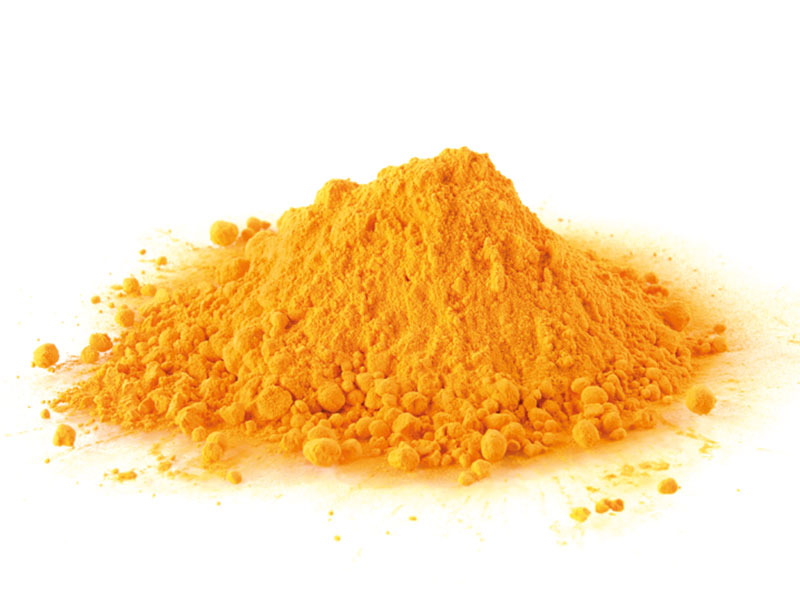
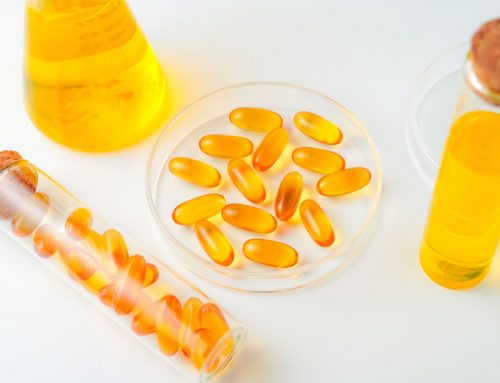
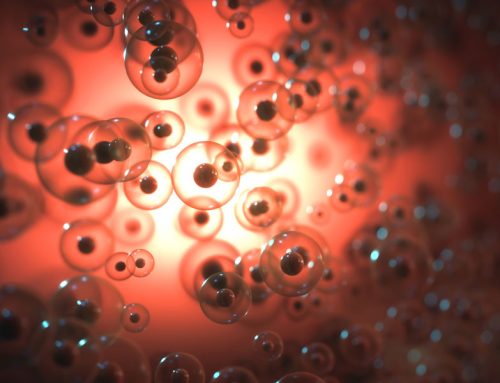
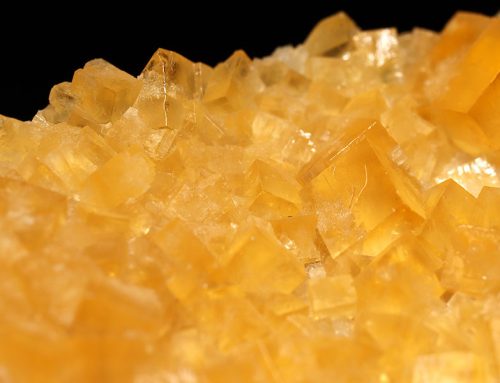
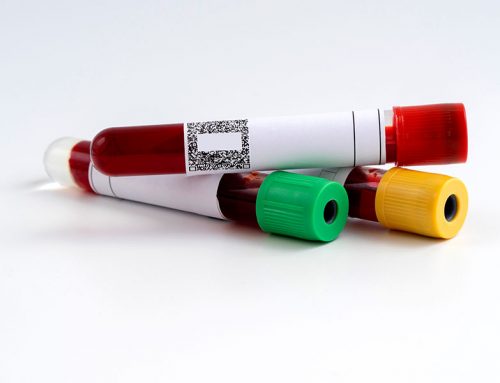
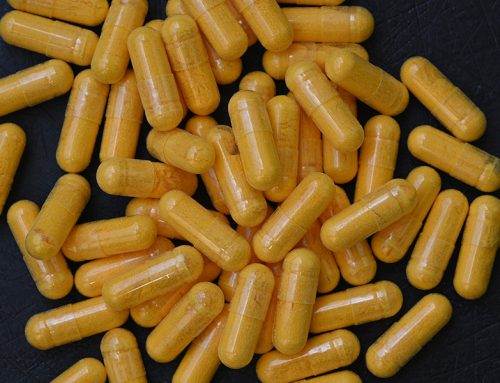
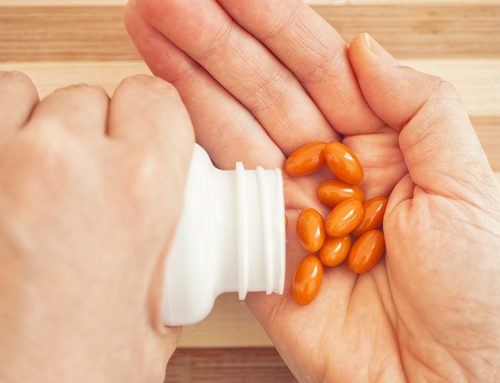
Leave A Comment